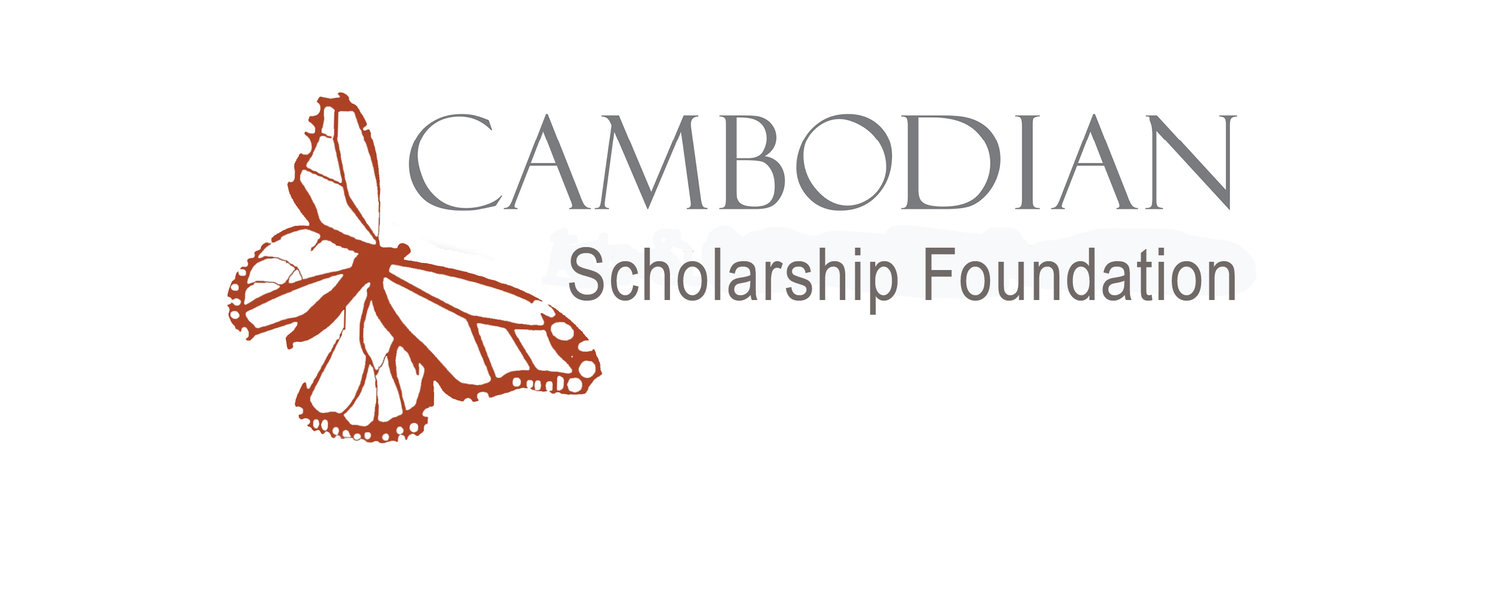The Context
Although enrollment of boys and girls has reached parity in primary school in Cambodia, the completion rate at the secondary level still demonstrates a gender disparity. Girls are particularly vulnerable, as their education is still commonly less valued than that of boys, and they often drop out at around age 14, creating a gender gap that widens with the educational level. A 2012 UNDP study showed that 20.6% of Cambodian males had at least a secondary education, compared to 11% of Cambodian females.
CASF provides monthly scholarships and other support to address the direct and opportunity costs of keeping a girl in school. Studies show that scholarships targeted to the poor, and conditional on attendance and some level of performance, increase enrollment and attendance.
By increasing opportunity and choice for our students, we are creating a virtuous cycle, in which women attain higher professional achievements and thus provide the next generation of girls with professional role models. We have created a culture of education in our villages. Parents are less likely to take students out of school to work, and our graduates return often to help their families.
Secondary School Program
Students are selected based on merit and motivation. Once they have been admitted to the CASF program, they receive a stipend of $15-25/month, and meet once a month with an Educational Coordinator, who oversees their educational progress and steps in to help out with any emotional or medical issues as well.
CASF operates primarily in the provinces of Svay Rieng and Kandal.
Svay Rieng is located in the southeastern area of Cambodia, and borders with Vietnam. It is largely composed of wet plains (under water for half of the year), and most of our students come from families of rice farmers.
Kandal is located on the outskirts of Phnom Penh. Farming (of palm oil, peanuts, rice and pepper) and fishing are the main economic activities of Kandal.
University Program
Once a student has passed the National Exam and is accepted to a university, oversight continues, with housing in Phnom Penh, a computer lab, mentoring, preventative medical care, monthly stipend and tuition provided by CASF.
Students are provided with lessons on life skills ranging from finance to health to leadership. They meet monthly at Open Book Libraries to borrow books, socialize, and check in with CASF.
We currently support nineteen students at the university level, studying at universities including the Royal University of Law and Economics, the Royal University of Agriculture, the Royal University of Phnom Penh, and the National University of Management.


